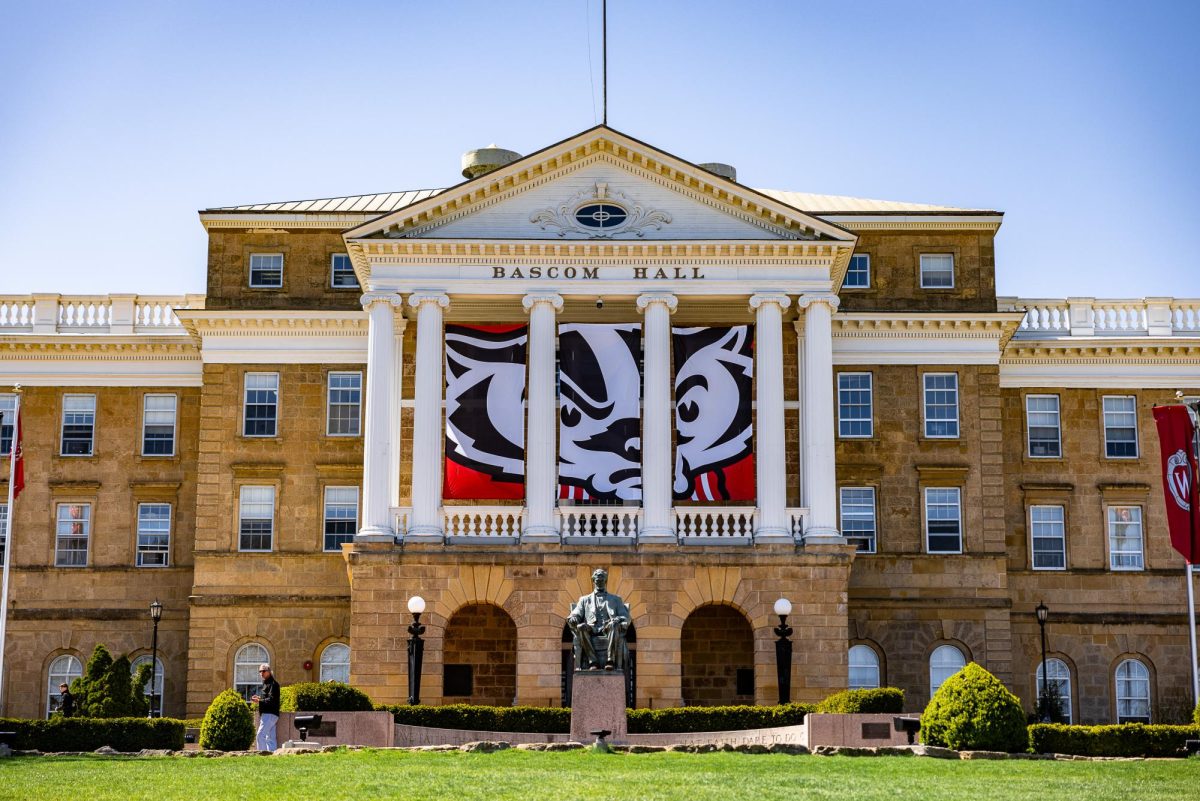Among the more than 50 tax credit programs in the state of Wisconsin, many are superfluous and should be eliminated, according to an Assembly Republican.
Rep. Dale Kooyenga, R-Brookfield, said many states do not have an income tax at all, but noted Wisconsin’s is overly complex due to its small deductions and credits. He said the Wisconsin income tax could be simplified.
Wisconsin should also reduce income taxes more than what Gov. Scott Walker proposed in his 2013-2015 biennial budget, according to Kooyenga, who was appointed to the Legislature’s Joint Committee on Finance in December.
“We’re undergoing a process to clear the table as much as possible, and do some common sense tax reform,” Kooyenga said. “In exchange for getting rid of credits, deductions and other differentiation one-off items, we simply move to lower the income tax rates.”
However, he said increased tax cuts would not cut funding from existing programs, including education and health care, which the state’s Democrats support. Rather, Kooyenga said most of the tax cuts would result from eliminating existing loopholes.
Wisconsin Taxpayers Alliance President Todd Berry said reducing tax rates can also generate revenue by eliminating deductions and exemptions.
“If you have a tax credit or a reduction that foregoes a fair amount of tax revenue, when you get rid of it, that revenue becomes available,” Berry said. “You can take that revenue and simply recycle it back into the tax law by lowering the rates.”
Since few people in the state use various tax codes – such as manufacturing, farming and film production tax credits – they are unnecessary and should be removed, according to Kooyenga.
He added the state’s income tax rates are as high as 7.75 percent, compared to a maximum 5 percent for Illinois, because Wisconsin spends more money.
“In general, our taxes are higher because we have a very generous health care system, and we give a substantial amount of money to our education system, both K-12 and the University of Wisconsin System,” Kooyenga said.
Kooyenga said the idea to reform the state’s complex tax code was met with bipartisan support last May during a Legislative Council committee symposium.
“If you’re a Democrat or a Republican, the consensus was our tax code is not good for economic growth,” he said.
Berry also attended the symposium last summer and said legislators should stray from examining the minute details of every tax reform.
“When you single out certain things, you get into pitched rhetorical battles over individual items, rather than an overall package, which would benefit everybody and make everybody’s life easier in terms of tax filing,” Berry said.
He added he thinks it is “immoral” that 60 percent of Americans do not file their own tax returns because the four-page document is so complex.
While Democrats argue reducing tax rates generally benefits the richest Wisconsin residents, Kooyenga said he disagreed. He said reforming the tax code is “good for all Wisconsinites.”
Kooyeenga’s proposed tax reforms would be voted on as an amendment to the budget that could be adopted in May.




















